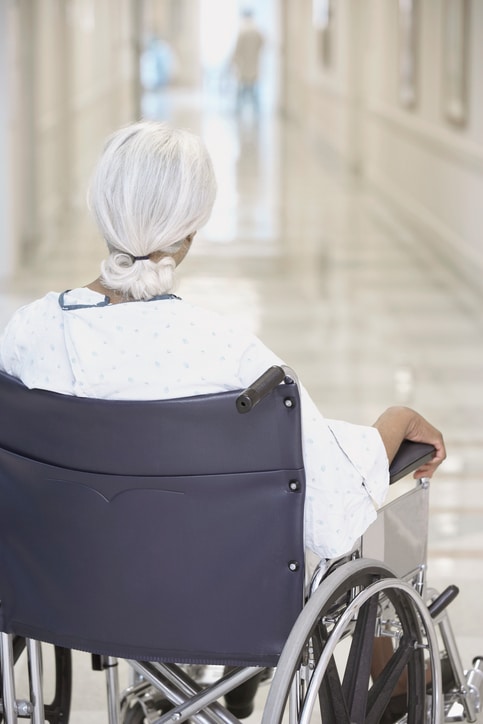Moving a family member to a nursing home may be necessary for their health and safety. Read on to learn how you can take steps to protect them from being abused or exploited.
For many families, moving a beloved parent, aunt, uncle or grandparent to a nursing home or long-term care facility is necessary to keep them safe and to ensure that their medical needs are met by skilled staff. The prospect of choosing a nursing home that will be a haven for your loved one may be overwhelming — particularly given the possibility that your family member may be abused by the very people that are supposed to care for them.
Elder abuse can take many forms. It may include physical or sexual abuse, emotional/mental abuse, financial abuse or even neglect. Because many victims of elder abuse are unable to accurately report what happened and because they may depend on their abuser to meet their basic needs, elder abuse often goes unreported. In some cases, an elderly person may even be unaware that the abuse has even occurred, such as if a caretaker is siphoning money from their accounts or stealing their valuables.
It is natural to be concerned about the safety and well-being of your friend or family member if they have been moved into a care facility. While it may be impossible to prevent all forms of abuse, being vigilant can help to protect your loved ones from abuse. As elder abuse attorneys, we unfortunately have seen how prevalent this problem is in nursing homes and long-term care facilities. Here are some steps that you can take to reduce the risk of abuse or neglect if your loved one is in a care facility.
Visit Frequently
One of the best ways to protect your loved one from potential elder abuse at a nursing facility is by visiting often — and going at different times. Residents of care facilities who do not have regular visitors are at the greatest risk of being abused. By visiting at different times, your visit will not be anticipated by staff — and so there is a better likelihood that you will be able to detect any changes or signs of abuse.
Pay Attention
When you are visiting your loved ones, don’t just focus on catching up with Grandma or Dad. Observe them carefully, looking for any physical signs of abuse or neglect. If they are able, talk to them about their care, and if they are having any issues with their caregivers. Pay attention to signs of overall neglect at the facility, such as bad smells, insufficient or poor quality food and other residents who may not be properly attended.
Develop Relationships
On your visits, talk to the staff and management who take care of your loved one. Advocate for them, noting concerns or areas that could be improved — and thank them for going above and beyond with their care. If you form a relationship with your family member or friend’s caretakers, they may be more inclined to provide better care — and to take action if you have any issues.
Report
If you see any signs of abuse or neglect in the facility, file a complaint immediately with the proper state authority. Even if it does not directly impact your loved one, reporting safety issues or concerns can help to protect other residents and can ensure that they are all receiving proper care. If you believe that a resident — including your friend or family member — is in danger of imminent harm, call 911. If your loved one has been harmed, consider pursuing a legal remedy to ensure that they get the compensation that they deserve for the harm that they have suffered. An experienced elder abuse lawyer can work with you to gather facts, file a lawsuit and negotiate a settlement or litigate a claim.
Elder abuse is a growing problem in our country. It can be particularly problematic because the elderly may not be able to report or address the abuse on their own. If you suspect that a loved one has been physically, emotionally, sexually or financially abused or has suffered neglect, you have legal rights and options. Contact PLBSM today at (800) 435-7542 or info@plblaw.com to learn more about how we can help you. We offer no-risk representation, as we never charge a fee in elder abuse cases unless we recover money for you.

